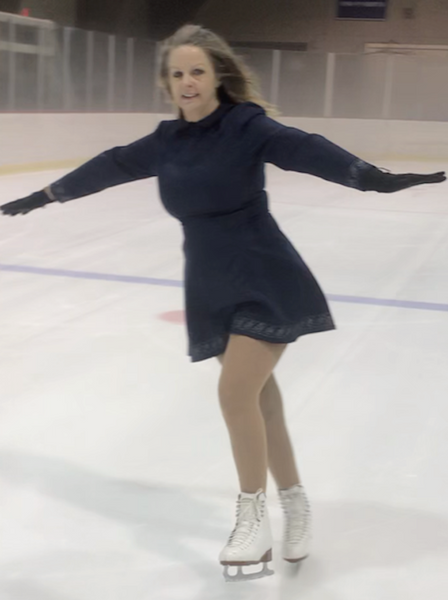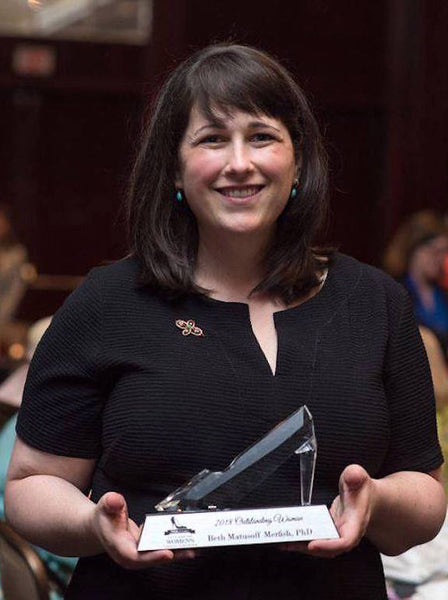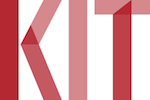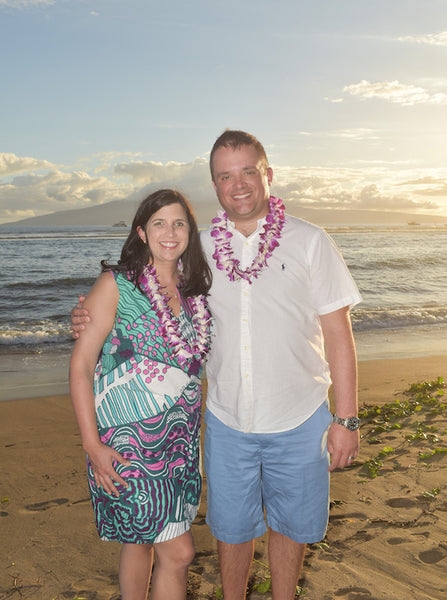Interview: Laura Youngkin

Tell us a bit about yourself: how would you describe yourself and your life in a quick snapshot?
I’m a producer, creative consultant and activist. I grew up in Dallas, Texas, and I moved to LA when I was 22 to work in entertainment and get my masters. I was a Disney ‘Imagineer’ for five years and now I have my own business. I also run a platform for the advancement of millennial women in the American workplace.
If you had to describe yourself using three adjectives, what would they be?
Brave, creative, indefatigable.
When you were a child, what did you want to be when you grew up?
A theatre actress, a very, very serious theatre actress. I took it very seriously – like I was a seventh grader reading Stanislavsky.
What was your very first job?
Probably babysitting and helping out people in my neighborhood.
What do you do to occupy your time: work, family, community?
I live with in LA with my husband Dylan, who is wonderful, and we spend a lot of time visiting family in Texas and Northern California.
Work – let’s see. We just moved, so for the last two and a half months I’ve been setting up my new normal in LA. A lot of that is getting back to doing things that I was doing before we moved to Orlando for two years. I’m still running my creative consulting business, which focuses on strategy, creative development, and international projects. And then I have creative projects that are new, mostly focused on TV, collaborating with writers and producers on new content.
And then I’m still growing The Brave Millennial. It's a two-year project, and it is constantly evolving: last year was about touring the country and learning, and this year is about sharing what I learned.
The Brave Millennial began with my own experience with burnout. I was a young woman in the entertainment business, and I was seeing how ageism and sexism were impacting my upward mobility. Add to that racism for many of my peers of color. It spurred my curiosity. And I felt like, “I want to do more for my peers.”
I hate the word ‘Millennial.’ I want to reclaim that phrase and make it mean something positive. And in order to do so, I felt like I needed to know more. So I went out and traveled the country to ask millennial women: what’s your life like? What’s the terrain? Where are you succeeding and failing, what are the barriers? And I tried to unpack that conversation through events and surveys.
After doing the first couple of conversations, I was like… I’m onto something. Now that I’ve captured all that, I’m spending a lot of time packaging those stories into different types of products that tell that story.
What are the hardest decisions you’ve had to make?
My first really challenging adult decision was in college: my dad got cancer and I had to decide whether or not I was going to stay at Baylor and finish. I decided to stick it out, which was really challenging when you have a parent who is incredibly ill. And I had to figure out how I was going to support myself through college, which I hadn’t had to think about before.
My other big decision was choosing to leave my dream job. I was put in a position where I had to choose: my spouse and my quality of life - or - my dream job.
Since I’ve been in survival mode since I was 18, it was really challenging. I felt like, “I’m no quitter.” And as a woman, I didn’t want to feel like, “Oh great, it’s 2015 and women are still being forced to choose between marriage and family and their careers.”
But that’s exactly the position I was in, and I really resented it. I kept questioning myself – am I a bad feminist for choosing the other thing, for choosing my spouse? I realized that in 20 years what will matter more is being a well-rounded, healthy person, not fighting through that year and a half at work.
That transitional period was really challenging; I had spent months fighting the decision, and tried to find a compromise that served everyone. When I finally decided to walk away, we moved to Florida ten days later and I was like… “What now?” How do I divorce myself from my old professional identity and how do I craft myself independently of my identity in my former job.
I read a great book called Transitions. It breaks it down into three parts: (1) bittersweet, because transitions are all about ending something; then (2) neutral, not being fully invested in any one thing; and (3) the beginning of something new. You can’t skip neutral – I tried. You have to be patient and wait it out.
Tell us about any mentors or figures that are crucial to how you see the world or what you’ve chosen to do.
I could talk for an hour about these people! A lot of my childhood figures – of course my mom and dad – were really important to telling me to embrace my creativity and the theatre and entertainment. I had great teachers and coachers who challenged me and really prepared me for entering the world. My high school theatre directors and drill team director were really pivotal in shaping me.
In my adult life, I’ve had great mentors and champions. The mentor who I admire the most is Meg Crofton. She was the president of the Walt Disney Parks & Resorts, the first woman to hold that job. She is the wisest, most spiritually centered and brilliant person. She’s a beacon of leadership, integrity, and honesty. Meg does the work. And she does the work on herself.
What do you consider to be your greatest success thus far?
I don’t know! There have been lots of professional milestones that I’ve been proud of, and things I would categorize as achievements, but I think the biggest success is coming to terms with who I am and the value I bring to the world, and embracing and acting on that value. I see success and achievements differently.
What has been your greatest failure and what did you learn from it?
I feel like I’ve failed so many times! Not trying hard enough in certain times and aspects of my life. And not taking care of myself appropriately.
In 2015 I ended up in the hospital with an ulcer and stress-related health issues. I was literally allowing my job to eat my life. I was focused on job performance and achievement, and it caused me to fail my actual body. That sticks out as a time in my life and a big failure.
But I’m a big believer in failing and failing big. There’s a lot of new stuff I haven’t done before. I used to be afraid of trying because I was afraid of failing. And I have no fear of that. I have fear of embarrassment, but not of failing creatively. I know I can recover from that.
Where do you see yourself in 10 or 20 years?
I feel like my vision for myself has really changed in the last two years. If you had asked me two years ago, I would have said big time entertainment executive living in LA with a couple of kids. And now I’m kind of in a place of… I don’t know.
I know how I would like to feel. I know I’m always going to be focused on storytelling and creative endeavors – whether writing or producing or doing development. And hopefully I’ll get deeper and deeper into the work I do for advocating for other people. And maybe we’ll have a kid or maybe we’ll have a dog.
What is the top item on your bucket list – something you’d love to do but haven’t yet?
There are two of them: I want to go to the Tony Awards. And I want to go to Japan for an extended period of time. I want to go and immerse myself in Japanese culture and the landscape.
Describe your personal style: how does it reflect your day to day and your values?
I used to be very fashion forward, very trendy mixed with classic. I used to be very colorful. But in the last couple of years I’ve started to gravitate to the uniform – a capsule wardrobe where all of my clothes match, where I can just pack my bag and go somewhere. Lots of blacks and whites and neutrals. I express myself through my shoes. I’ve always been a shoe fiend. It’s just a thing. I love classic, preppy, quirky, Kate Spade-like stuff. I love a good loafer.
If you ran into your 18-year old self, what advice would you give her?
Calm down.
Eighteen was hard for me; I was starting college and my dad got cancer. And I was trying to assimilate myself into a university culture where I didn’t really fit in.
Relax and enjoy it more. And don’t date that guy.
Leave a comment
Comments will be approved before showing up.
Also in Voices

Edition 4: The Vintage Ice Skating Dress


